Facebook Censorship, When Social Networks Block the Sharing of Links (or Worse)
Social networking is booming and millions of people have signed up for Facebook, Twitter, LinkedIn, Foursquare, etc. Using those services, people are continually posting updates, tweeting, liking, checking in, and {enter new buzz term here.} It makes sense. Social networks provide an incredible way to connect with family, friends, colleagues, and others in your industry. … Read more
